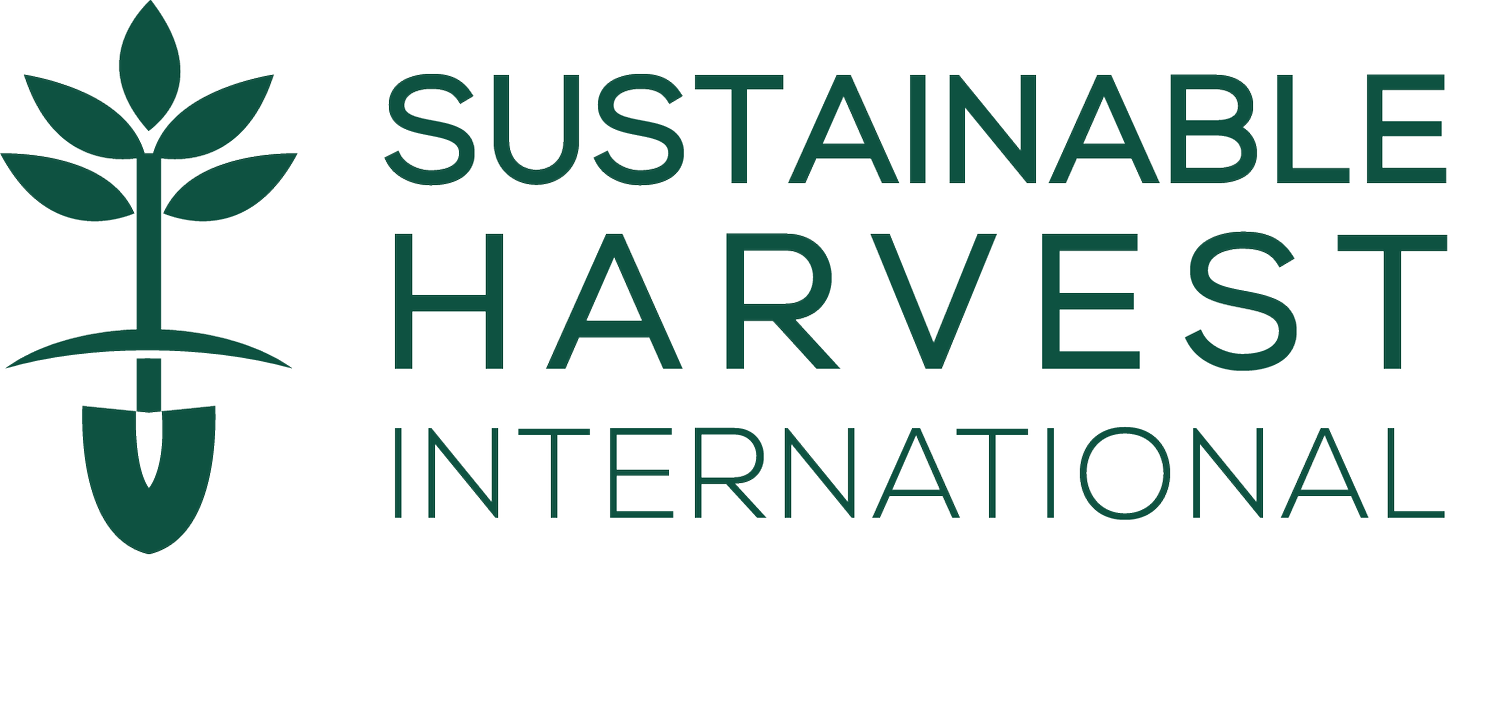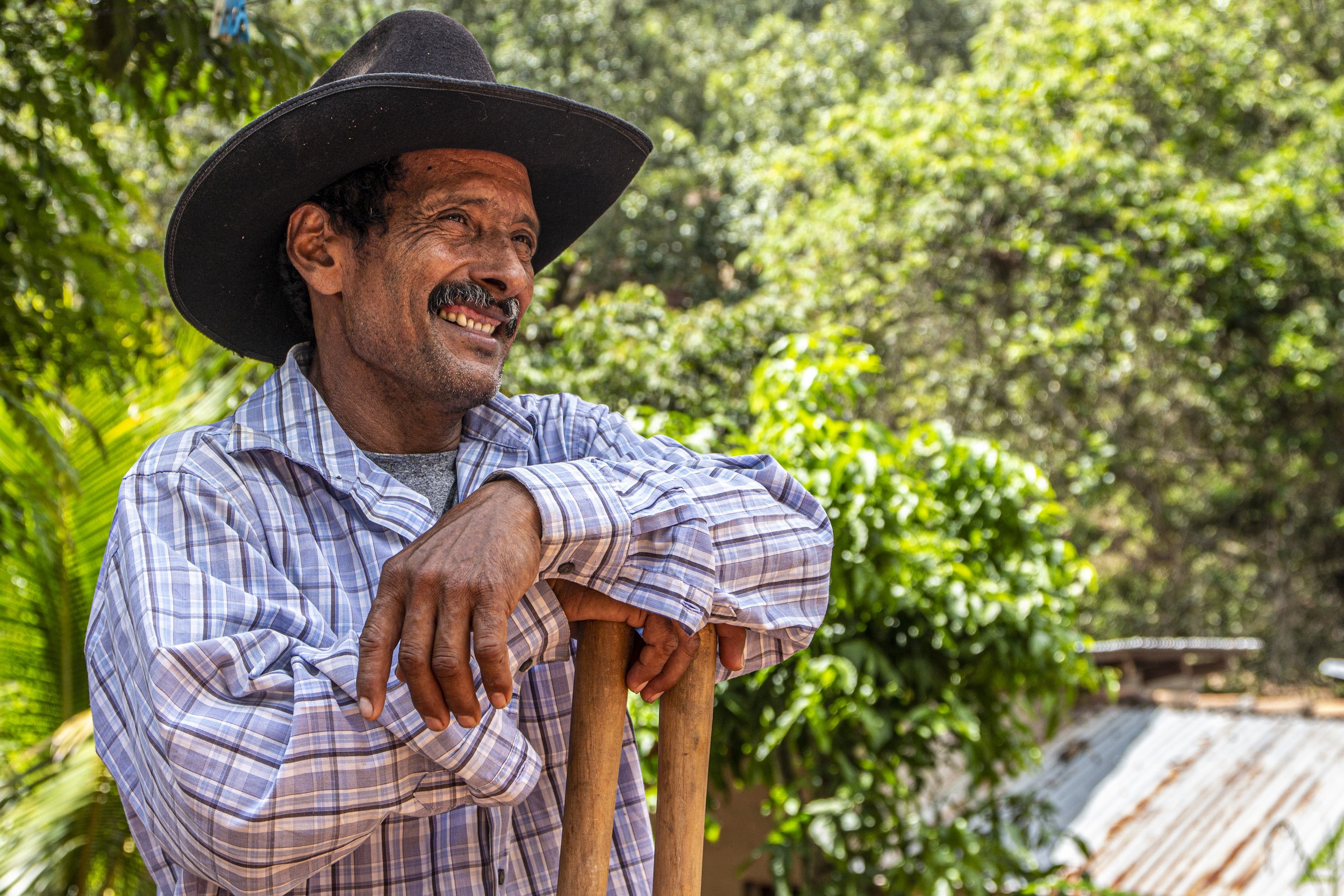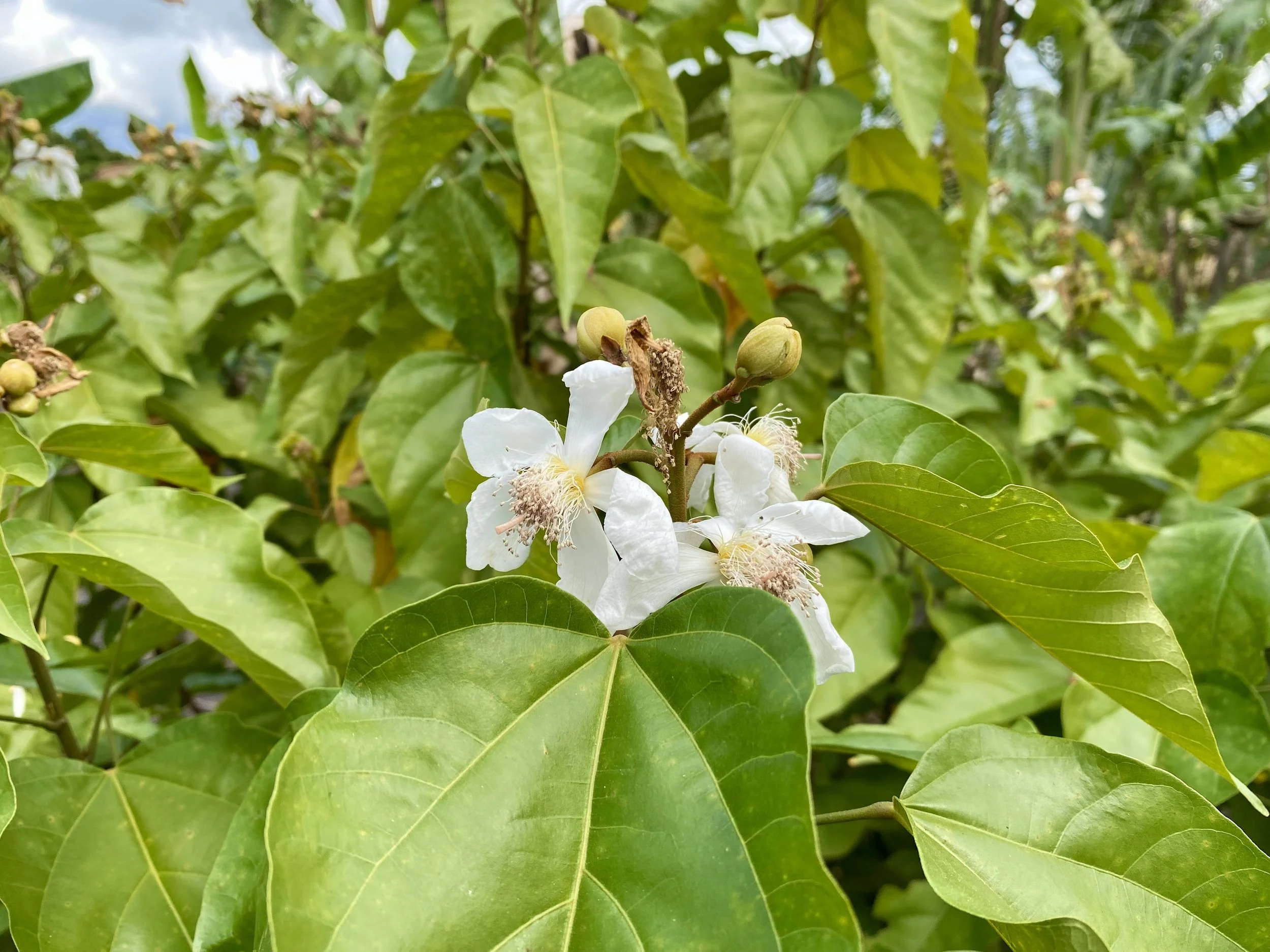Mission
Working together to create a just and sustainable world through transformative farmer training that nourishes communities and the Earth.
Purpose
More than half of the world’s tropical forests are already gone and we are losing the other half at the rate of one acre every second. As a result, more than half the species of plants and animals in the world are disappearing, along with carbon stores, which stabilize the climate.
Family farmers learn how to grow food using environmentally harmful practices,
leading to 30-40% of total deforestation.
By adopting sustainable and regenerative practices, family farmers have the potential to
drawdown 6 billion tons of carbon - if they get enough support.







